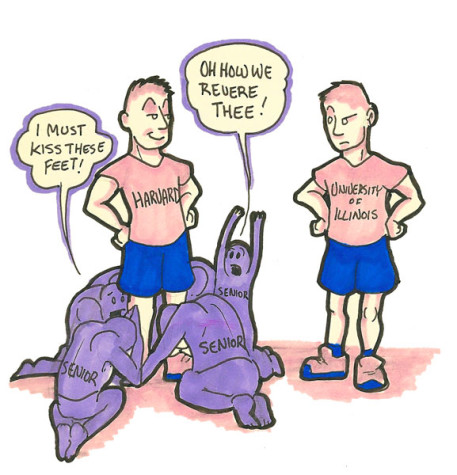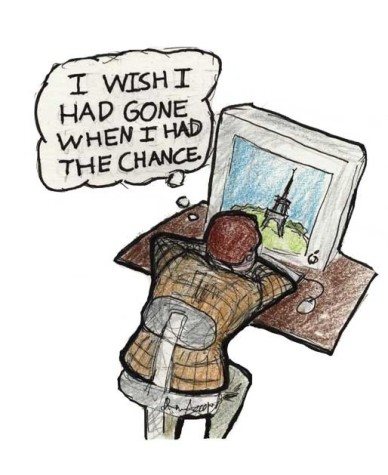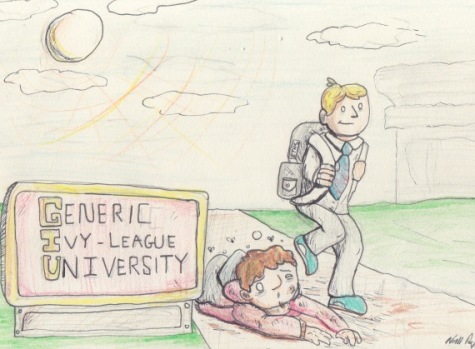The deception behind environmentalism
Sophomore Lauren Marriott is appalled at the waste of paper used for receipts
Going green is no longer the smart choice; it’s the popular choice. In a study released by Harvard and Duke, researchers studied eco-friendly shoppers who decided to bring their own reusable bags to the grocery store during the week. It makes sense that those people bought more organic products than those who used grocery stores’ plastic bags. However, the same people with reusable bags also bought more sweets and junk food for themselves, almost as a pat on the back for buying something eco-friendly. This self-rewarding behavior after doing something virtuous is defined as moral licensing. Because of it, the eco-friendly shopping bags didn’t always mean eco-friendly shopping. This phenomenon can be expanded to countless other subjects like vehicles or school habits. Normally, environmentally friendly cars look aesthetically different from the usual gas-guzzling vehicle. For example, a Prius is an an eco-friendly car, and the purchase of a Prius is less about the environmental benefits and more about the popularity and status. When you finally decide to recycle a sheet of waste paper you don’t exactly deserve an award. If people are too pre-occupied with buying the most popular organic fruits, or the most popular environmentally friendly car, once the trends wear out what will happen to us? We are left in this constant cycle of hopping onto the next popular thing and then dumping it after a day like babies with new toys. lf you have the right mindset, then look through the organic section a little further next time you’re at the store. However, if it only leads to you secretly buying more junk foods, then you should go back to the ordinary apples.
Your donation will support the student journalists of the Evanstonian. We are planning a big trip to the Journalism Educators Association conference in Philadelphia in November 2023, and any support will go towards making that trip a reality. Contributions will appear as a charge from SNOSite. Donations are NOT tax-deductible.










